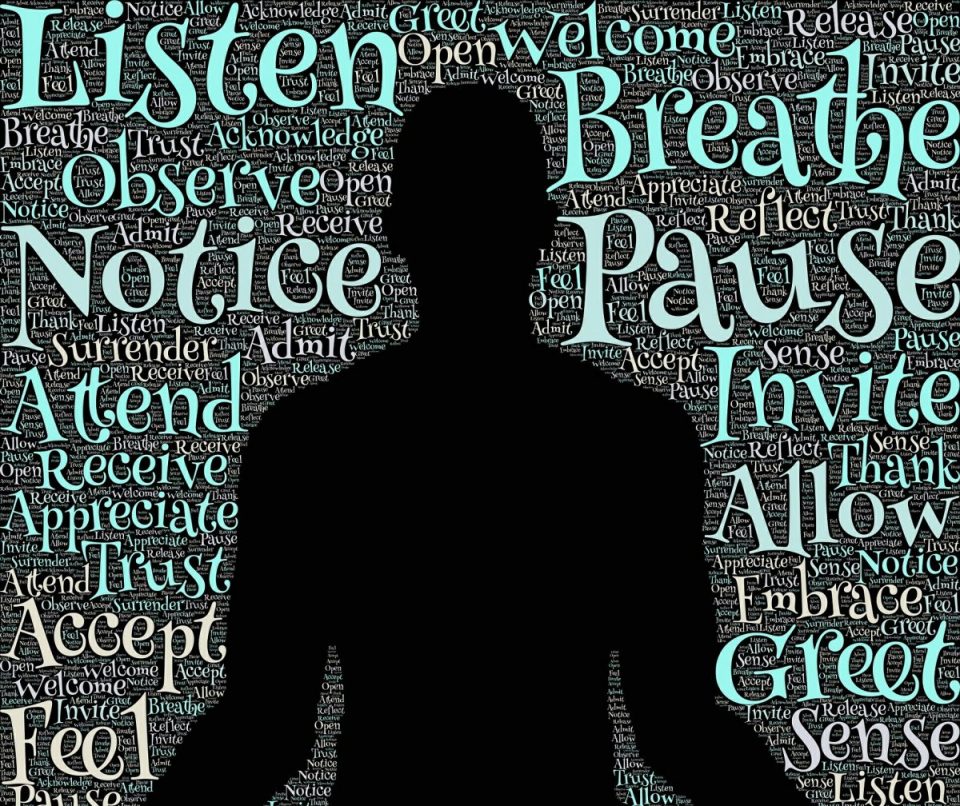
The Cleveland Clinic best describes stress as “the body’s reaction to any change that requires an adjustment or response. The body reacts to these changes with physical, mental, and emotional responses.” Stress can result from a positive event giving us a boost of energy, but it’s most often associated with your body’s response to danger or environmental pressures at work, home, or other social situations.
How we react to stress can determine whether or not it will negatively affect our health, short or long term. A few signs of stress include heartburn, sleeplessness, irritability, anxiety, and increased appetite. Chronic stress can lower the immune system, develop reproductive issues, and increase high blood pressure leading to heart disease.
Everyone reacts differently, and there are many ways to address stress. A health coach can help you discover what works best for you. Here is the simplest way to manage stress:
Breathe. Making a conscious effort to breathe deeply and slowly has a multitude of benefits. Various controlled breathing exercises have been recognized in yoga practice as early as 700 BCE to help boost your body mentally and physically. How do you do this?
- Find a quiet, comfortable location to sit or lay down with one hand on your belly and one on your chest.
- With your eyes closed, begin to focus on your breath. Slowly take in a deep breath through your nose, feeling your belly expand as you inhale (your chest should not move). Once you have fully inhaled, slowly exhale through your mouth.
- Repeat step #2 three or more times. This technique can be helpful before entering a stressful social situation to help calm nerves, or as a way of refocusing a sleepless mind. Incorporate this into your daily routine for continued benefits.
References
Apa.org. (2020). Retrieved 18 April 2020, from https://www.apa.org/helpcenter/stress-body.
Publishing, H. (2020). Relaxation techniques: Breath control helps quell errant stress response – Harvard Health. Harvard Health. Retrieved 18 April 2020, from https://www.health.harvard.edu/mind-and-mood/relaxation-techniques-breath-control-helps-quell-errant-stress-response.
Stress Management: Breathing Exercises for Relaxation | Michigan Medicine. Uofmhealth.org. (2020). Retrieved 18 April 2020, from https://www.uofmhealth.org/health-library/uz2255.
Stress: Signs, Symptoms, Management & Prevention. Cleveland Clinic. (2020). Retrieved 18 April 2020, from https://my.clevelandclinic.org/health/articles/11874-stress.
What is Pranayama? A Brief History and Yoga Benefits | Gaia. Gaia. (2020). Retrieved 18 April 2020, from https://www.gaia.com/article/what-pranayama-history